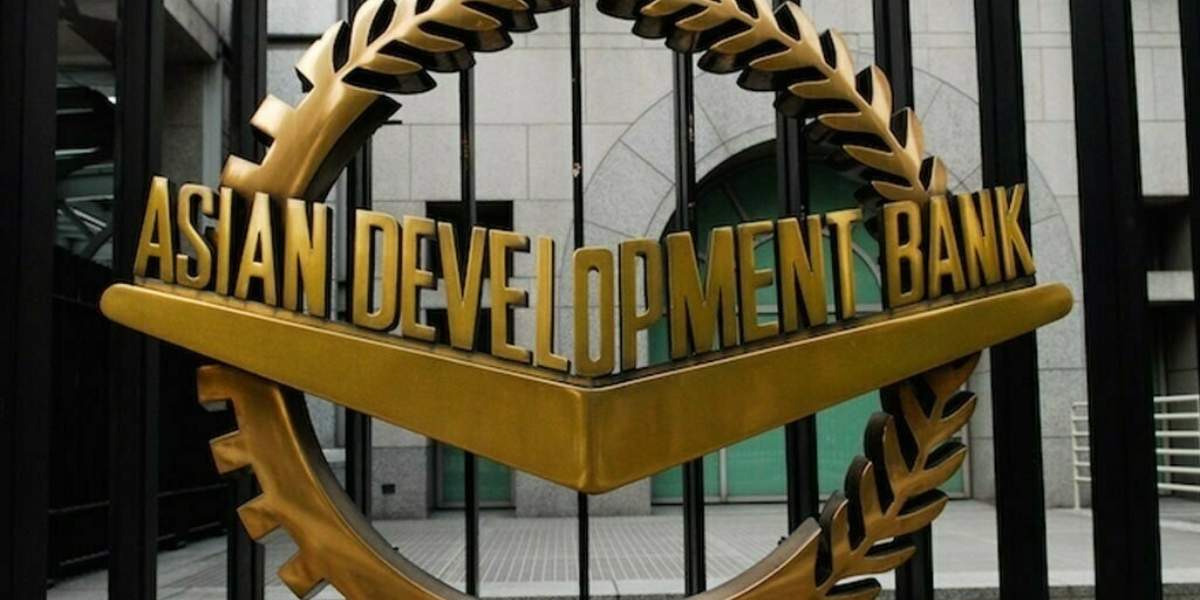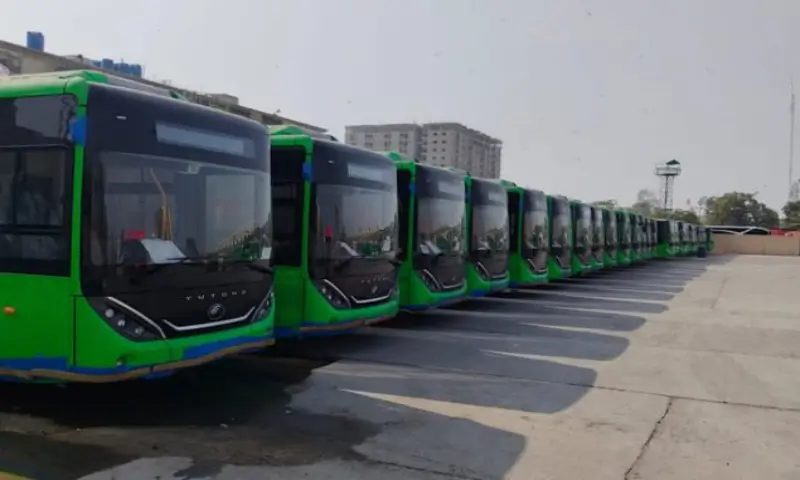KARACHI: Asad Aleem, Deputy Country Director of the Asian Development Bank, stated that projects worth two billion dollars are in the works for Pakistan and will be finalised after extensive engagement with the private and public sectors.
He was speaking at a Lahore Chamber of Commerce and Industry gathering. Senior Vice-President Mian Rehman Aziz Chan and Vice-President Haris Ateeq of the LCCI spoke at the event, as did Executive Committee Member Mardan Ali Zaidi, representatives from the Asian Development Bank (ADB) Rie Hiraoka, Sheheryar A Chaudhry, and Nasruminallah.
According to Asad Aleem, projects relating to food security, health, irrigation, and education will be critical to Pakistan’s economic progress.
He stated that in this approach, consultative discussions with actual stakeholders, including the Sindh and Punjab governments, have taken place.
He added that talks with chambers of commerce in Karachi, Lahore, and Pakistan Business Council were also held to get feedback from the private sector.
“Our objective is to know what should be done in Pakistan”, he added.
“ADB supports projects in developing member countries that create economic and development impact, delivered through both public and private sector operations, advisory services, and knowledge support. Strategy 2030 sets the course for ADB’s efforts to respond effectively to Asia and the Pacific’s changing needs”, the ADB team informed the house.
Mian Rehman Aziz Chan, Senior Vice-President of the LCCI, remarked that the LCCI fully recognises the role of the Asian Development Bank in Pakistan’s economic development since 1966. Approximately the years, the ADB has invested over 37 billion dollars on the country’s infrastructure, energy and food security, transportation networks, and social services, among other things.
He stated that the Lahore Chamber has already requested a targeted subsidy. He stated that we want Pakistan’s pharmaceutical sector to be self-sufficient. In this field, the international private sector should work with Pakistan, which would aid in the transmission of contemporary technologies to Pakistan. In Pakistan, he also advocated for the growth of mechanised farming and solar energy.
He said that Pakistan is currently experiencing the most difficult economic times in its history, citing a devaluation of more than 30% in the last year, inflation of more than 13%, and a trade imbalance of more than US 39 billion dollars in the first ten months of the current fiscal year. The foreign exchange reserves of the State Bank have been drained to roughly US $10 billion. These severe economic challenges are having a negative impact on the private sector’s growth.
According to Chan, Pakistan must maintain macroeconomic stability, budgetary consolidation, and a continual improvement in the business environment through improving private sector facilitation.
To remain economically viable, he stated, we must encourage high-value-added exports, enhance social spending, improve the cost-effectiveness of the energy industry, and make structural changes. The private sector’s participation in the restructuring of our economy is critical.
Inadequate access to credit, he argued, is one of the major hurdles to the private sector’s expansion. Pakistan has the lowest availability of credit to the private sector in the area, at roughly 16 percent of GDP. In addition, SMEs in Pakistan receive only 6.5 percent of private-sector loans. He believes that this scenario demonstrates that Pakistan’s traditional banking system is overburdened and that the private sector is unable to adequately address the country’s current economic issues.
According to the LCCI SVP, access to financing allows the private sector to play a more active role in economic development by providing income, jobs, goods, services, and innovation to improve people’s lives and help them overcome poverty. It can also give the government with fiscal space to satisfy basic infrastructure needs and tax money to address pressing issues and larger development challenges.
He believes that the Asian Development Bank’s support for the private sector through its Private Sector Operations is critical in this situation.
Haris Ateeq, Vice-President of the LCCI, hoped that key areas such as SMEs, women entrepreneurs, renewable energy, and workforce skill development would be given special attention in ADB’s Private Sector Operations.
Because of the ADB’s country partnership strategy 2021–2025 for Pakistan, he added, the business community has high aspirations for the government of Pakistan’s development vision of enhancing economic management, developing resilience, boosting competitiveness, and private sector development. Haris Ateeq expressed his hope that the ADB will continue to assist its member states in achieving a wealthy, inclusive, resilient, and sustainable Asia, with a particular focus on reducing extreme poverty.
He admired the ADB’s support, which differed greatly from that of the IMF. The IMF’s assistance is only accessible in emergency situations, such as a balance of payment crisis. The ADB, on the other hand, provides long-term assistance in sectors like as infrastructure, urban services, the private sector, energy and food security, transportation networks, and social services.





















